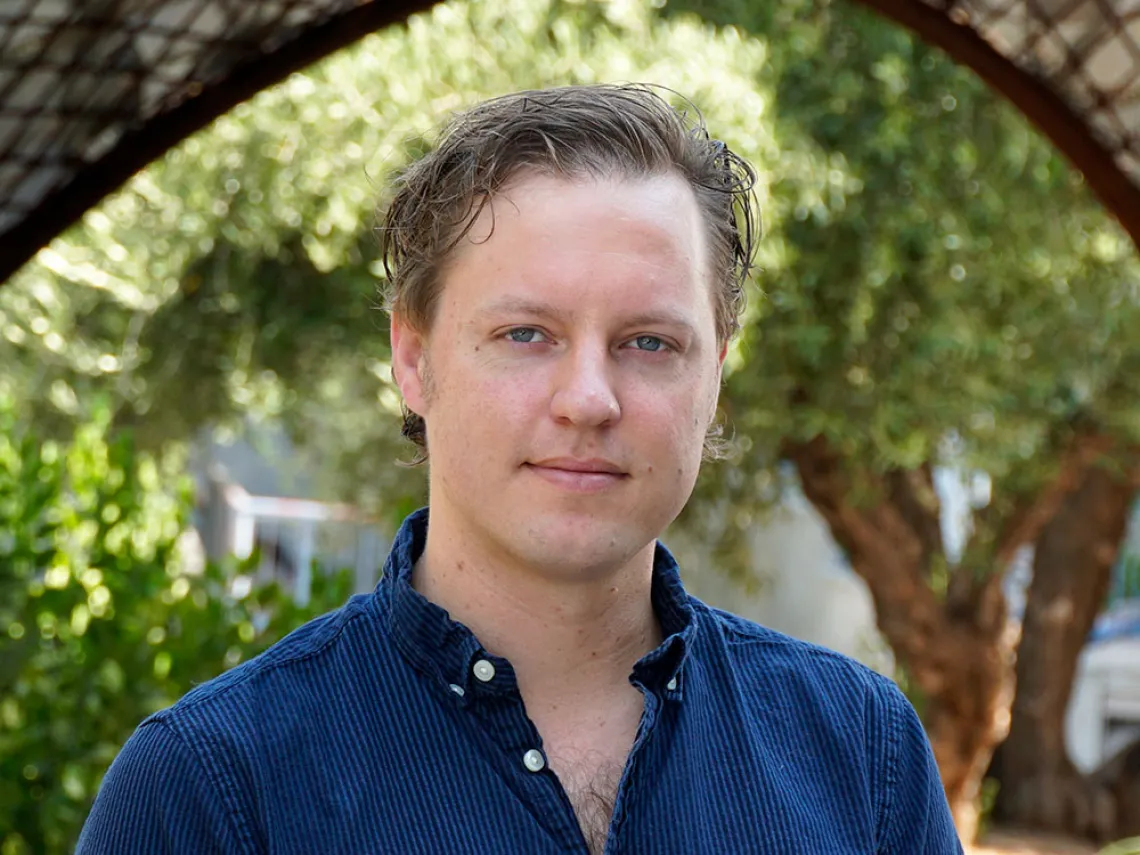Philip Stoker Published in Science of the Total Environment

Philip Stoker, Assistant Professor of Landscape Architecture and Urban Planning
Philip Stoker, assistant professor of landscape architecture and planning, has recently had an article published in the journal Science of the Total Environment. The article, "Determinants of single family residential water use across scales in four western US cities," describes a collaborative research project between the University of Arizona, Arizona State University, and Portland State University where the authors analyzed water use patterns in four cities. The results of the analysis indicate that characteristics of the built environment are key determinants of urban water use, implying that the way we design, plan, and build cities matters for water sustainability.



